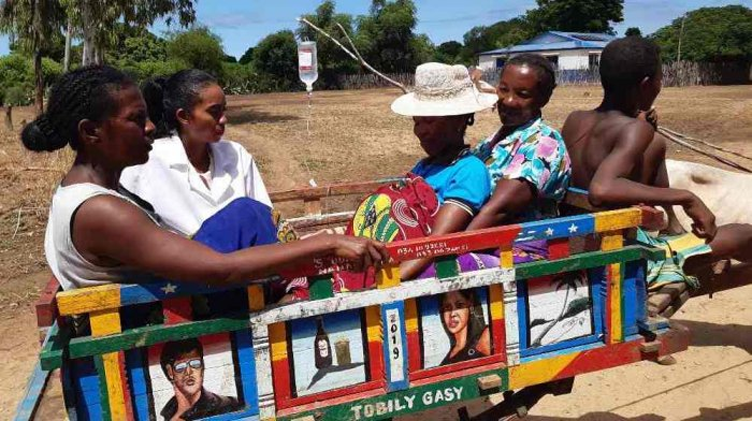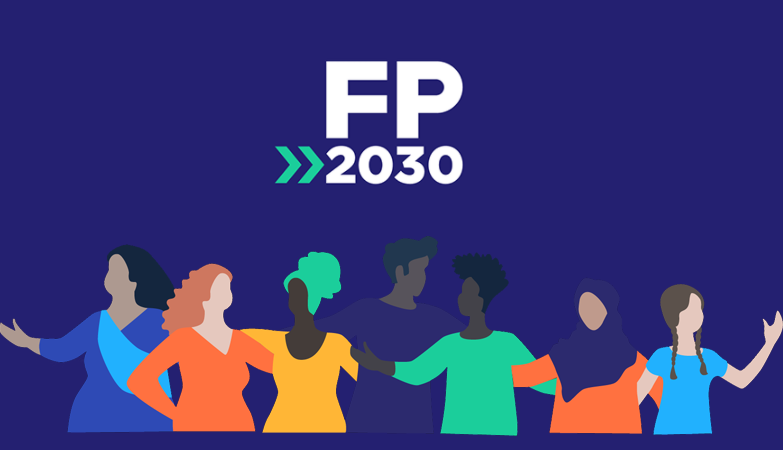Transitions are moments of high possibility. A chance to start fresh; a chance to change course. An opportunity to build on what we've learned and strike out in new directions. This year is a time of major transitions for our partnership, as FP2020 becomes FP2030.
Month: April 2021
Don’t Leave LGBTI Communities Behind in FP2030 Commitments
The commitment process for the FP2030 partnership is live, with governments and other stakeholders recommitting — or committing for the first time — to advancing rights-based family planning. In order to create a commitment that is truly rights-based, commitment makers should consider including specific provisions for LGBTI individuals in their commitments.
Accelerating Family Planning Progress in West Africa Through Mass Media: One Success Story in Burkina Faso
An estimated 218 million women across low- and middle-income countries (LMICs) have an unmet need for contraception: that is, they want to avoid a pregnancy but are not using modern contraceptives. Mass media reaches a large share of the population in these countries, but how effective is it in changing behaviors? To answer this question, Development Media International (DMI) conducted a randomized controlled trial to evaluate the impact of an intensive, 30-month radio campaign in Burkina Faso that promoted family planning. The trial was funded by the Global Innovation Fund (GIF), Development Innovation Ventures (DIV) of the United States Agency for International Development (USAID), and an individual philanthropist.
Mobile clinics deliver last-mile reproductive health care in Madagascar
For five months, two mobile clinics covered more than 10,000 kilometers to serve 59 remote localities in seven districts. More than 14,000 people benefited from pre- and postnatal consultations, family planning services, sexually transmitted infections (STIs) screening and treatment and educational sessions.
Guttmacher Institute Releases Sexual and Reproductive Health Profiles for More Than 130 Countries
New evidence builds the case for increased investment in sexual and reproductive health care in low- and middle-income countries
News and Updates from FP2030
In our next phase, the partnership will expand beyond our initial 69 focus countries. We’ll collaborate more closely across sectors, creating stronger ties for accountability, and engaging with partners beyond family planning.




